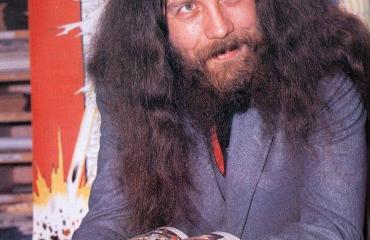
Compelling characters grab a reader’s attention and pull the reader into the story. In the best fiction, a reader becomes an interested observer, or at least feels as if he or she is part of the plot.
How do writers create characters? And, how do writers create characters who are so interesting that readers care enough to know what happens to them?
Interest in the Characters and Being Observant Helps
How a writer feels about the characters is part of the dynamic of writing interesting characters. In his Granta article, “The Making of a Writer,” Kent Haruf explained that, “To be more aware of others and to pay closer attention to what others around me are feeling… are good things if you are trying to learn how to write fiction about characters you care about and love.”
Writers like Eudora Welty and Jane Austen, who lived sheltered lives, were still able to write compelling characters with perceptive details about their society and the world in which they lived because they were observant about the people around them. Observing what motivates people provides writers with insight they can use in their work.
Creative Writing Courses Can Help
Writers can learn from workshops and writing courses how to create complex and compelling characters. Building characters to make them distinctive and credible can be learned. In creative writing courses exercises can help writers explore the facets and traits of characters that make them human and absorbing.
Watching movies to figure out how to build scenes, learning to write dialogue, and taking narrative classes that help writers learn how to craft longer stories that do not lose their momentum are among the skills that writers can learn.
The Distinctive Instructive Style of Writing Workshops
The workshop format generates progress through peer reviews. The University of Iowa’s Writers’ Workshop is recognized as the leader in this space. The university may have come naturally to this approach because of Midwestern farmers’ tradition of “neighboring.” Neighborliness was how small farmers supported each other by helping each other in farming chores. Writing is a lonely craft, but workshops help writers learn to refine their craft sociably.
Writer Kent Haruf went to great lengths to get admitted by the Iowa Writers’ Workshop. As he shared in his Granta article, the teaching methods in his time were more “descriptive” and less “prescriptive.” Experienced writers shared “what they thought worked in a story and what didn’t” and left it up to writers “to figure out how to fix it.”
Whether a reader’s attention stays with the story or the novel will depend on the writer’s skill in creating interesting, compelling characters, storylines, plots, and subplots.



